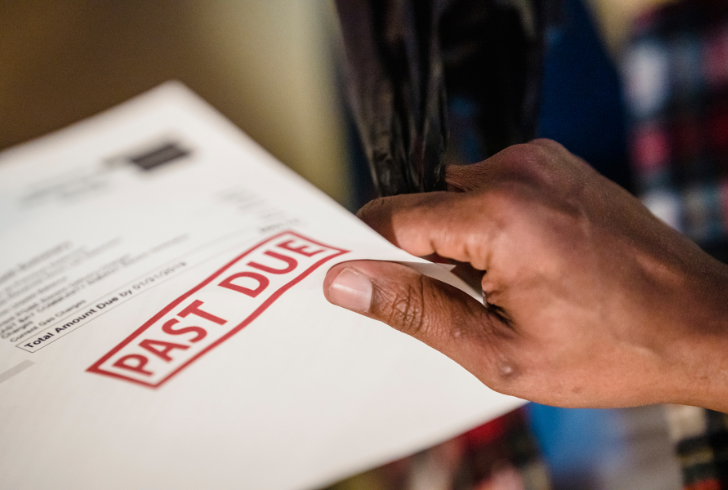A missed mortgage payment is never just an entry in a ledger—it’s a signal that can reshape the way lenders, insurers, and even future landlords see you. The financial system has a long memory, and once a mortgage falls behind, its ripple effects travel far beyond this month’s budget headaches. Understanding how and why those ripples form gives you the advantage when deciding what to do next.
What Does Mortgage Delinquency Mean?
When a mortgage payment ages past the 30-day mark without hitting your lender’s books, it’s considered delinquent. At that stage, your lender reports it to the credit bureaus, and the countdown toward potential damage begins. Unlike a missed utility bill, a mortgage delinquency is treated as a high-priority warning sign because it’s tied to the property you live in—an asset worth hundreds of thousands, sometimes millions.
One reason the blow feels heavier is that mortgages are considered “installment loans with collateral,” which lenders expect to be rock-steady. Even a single late entry can knock down a strong credit score because it tells other creditors you’re struggling with the most important debt you carry.

Pexels | Nicola Barts | Missing even one mortgage payment can quickly damage your credit and signal deeper financial trouble.
The Effect on Your Credit Score
The numbers don’t move gently here. A borrower with a near-perfect score might watch 70–80 points vanish after one 30-day late mark. Lower scores may see smaller drops, but the reputational hit in a lender’s eyes is the same. By the 60- or 90-day mark, the compounding impact grows—not only because more late marks are stacking up, but also because your payment history, which makes up roughly 35% of a FICO score, is taking repeated blows.
Reach 120 days without payment, and the situation moves from bruised credit into serious long-term damage. Late mortgage entries stay on your credit report for up to seven years, and catching up won’t erase the record. That said, time does dull the sting—the first couple of years hurt the most.
Steps to Take When You Fall Behind on Mortgage Payments
If you’re already behind, silence is the most expensive response.
1. Call your lender as soon as possible. You might get a forbearance, a temporary payment pause, or a loan modification that stretches the term or lowers the interest.
2. Use a HUD-approved housing counselor. These counselors aren’t just advice-givers—they can step in as an intermediary with your lender, helping you negotiate terms or tap into relief programs you might not know exist.
3. Know the difference between reinstatement and modification. Reinstatement means paying the full overdue amount in one go, which can be tough. Modification reshapes the loan to make future payments more realistic.
4. Look into state homeowner relief funds. Many programs can cover not just the mortgage, but also overdue property taxes or insurance, which can be just as urgent.
5. If it’s complicated, seek legal guidance. A reputable attorney who specializes in foreclosure defense or debt law can buy you time, clarify your rights, and protect you from predatory “rescue” scams.

Freepik | Repair your credit by consistently making on-time payments, as this is the most significant factor.
Rebuilding Credit After Mortgage Trouble
Climbing back from a mortgage delinquency is less about grand gestures and more about consistency. Keep every account current. If you can, automate payments to eliminate the risk of forgetfulness undoing your progress. Pull your credit reports regularly—errors happen more often after delinquency because accounts can be reported inconsistently.
Small steps can accelerate recovery: a secured credit card, a low-balance personal loan paid on time, or being added as an authorized user to someone else’s pristine account. Keep credit utilization well under 30%, ideally under 10%, so the recovery shows up faster in your scores.
Most people see gradual improvement within a year or two if they keep everything else clean, even though the late mortgage mark lingers for years.
Long-Term Impact of Mortgage Delinquency
Beyond credit scores, mortgage delinquency can affect your ability to refinance, get favorable interest rates, or even qualify for rental housing later. Insurance companies in some states consider credit data when setting premiums, so your homeowner’s or auto insurance could quietly become more expensive.
Still, the damage isn’t permanent. Lenders do pay attention to how you recover. Consistent payments, zero new delinquencies, and a steady debt-to-income ratio can turn your profile from “high risk” back toward “reliable.” The road isn’t instant, but it’s navigable if you steer early and keep a steady pace.
